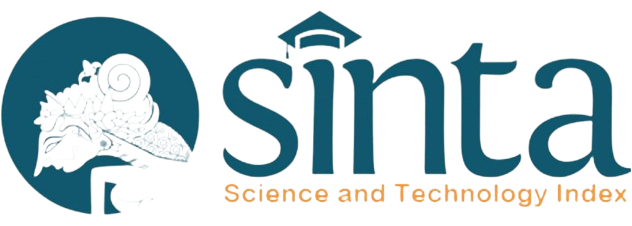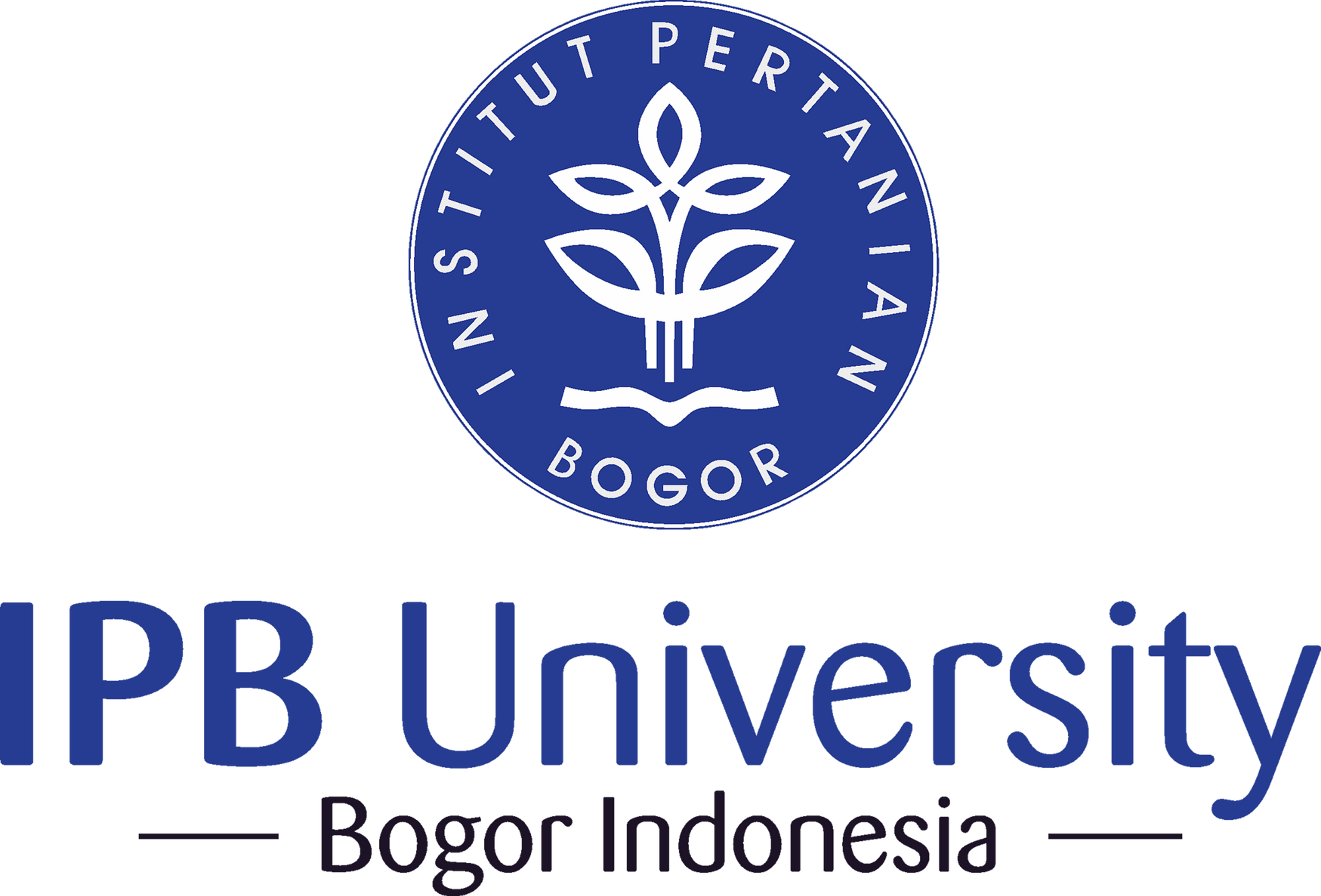Keanekaragaman Sumberdaya Genetik Sayuran Polong Potensial di Indonesia berdasarkan Penanda Molekuler ISSR
Abstract
Cowpea (Vigna unguiculata ssp unguiculata), yardlong bean (Vigna unguiculata ssp sesquipedalis), Bambara groundnut (V.subterranea), lima bean (Phaseolus lunatus), bush bean (P. vulgaris), jack bean (Canavalia ensiformis), velvet bean (Mucuna pruriens) and winged bean (Psophocarpus tetragonolobus) are the important pod vegetable of the legume crop in Indonesia. These crops have a high economic and nutritional value. Its dry seeds are rich in proteins just like soybeans that can support human health and future food supply. The genetic diversity among different pod vegetables is not very well known. The objectives of this research were to determine the genetic relationships among different pod vegetable species based on ISSR markers. 32 accessions were analyzed by 11 ISSR primers. The result showed that the ISSR marker generated 80 DNA band with the polymorphism rate of 100% and the informative primers were PKBT 3 and PKBT 6. The result of cluster analysis and PCA analysis grouped all 32 accessions of the vegetable pod into eight clusters, indicating that the majority of the accession of a given species tend to group. Gower's similarity coefficient among all accessions varied from 0.425 to 0.988, and from 0.444 to 0.700 at the species level. The ISSR markers revealed the close relatedness between V. subterranea - C. ensiformis species, while the greatest distance was found between the P. vulgaris - M. pruriens species. Such a determination of relatedness is useful for a better understanding of the relationships among different pod vegetable species, which are generally considered to be a complex group with high phenotypic variability.
Keywords: clustering, genetic distance, polymorphism, pulses, similarity coefficient













